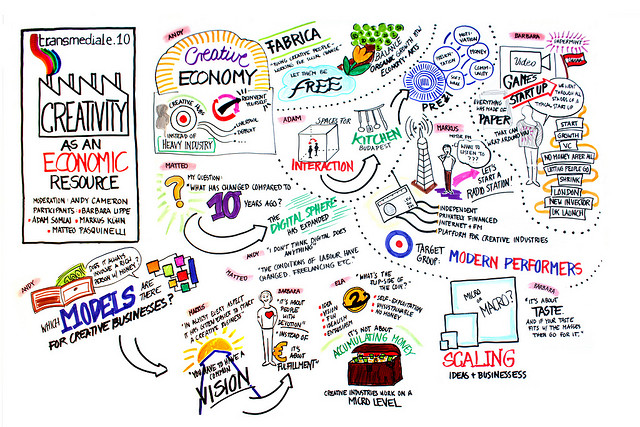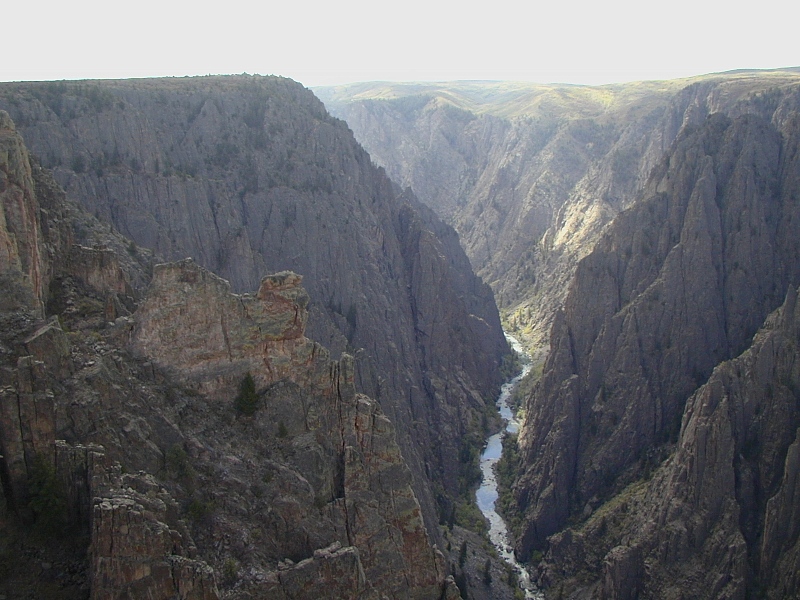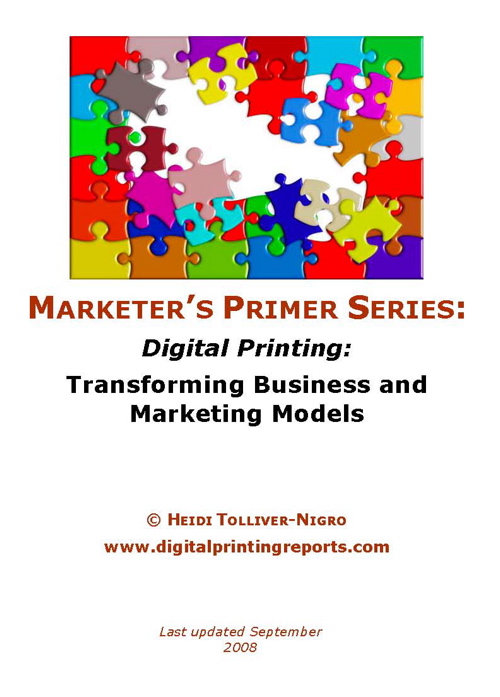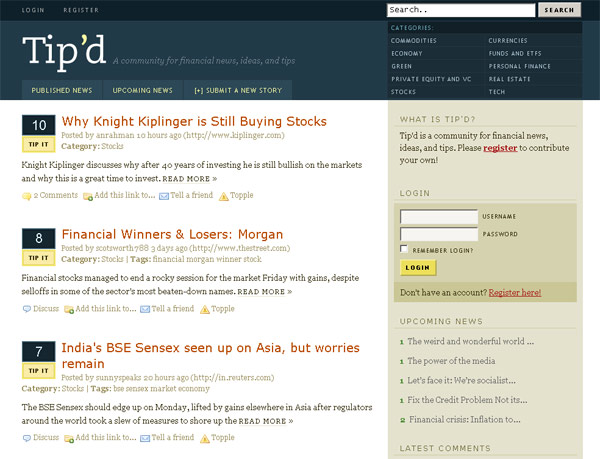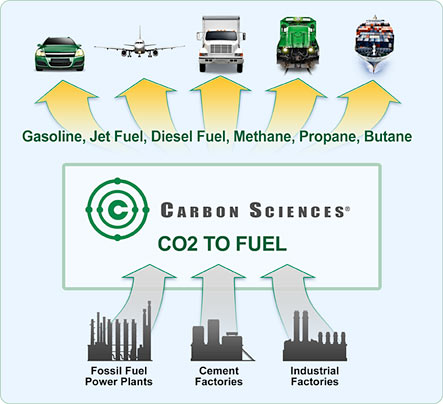When we look at how our market economy affects the environment, it appears that all common sense goes out the window. According to the prevailing economic wisdom, it makes perfect sense for us to clear vast swathes of tropical rainforest to make way for oil palm plantations and soya beans, to pursue the last few bluefin tuna to extinction, to raise livestock in vast industrial farm units where animals never see the light of day, and to divert much-needed food crops to ethanol production in order to fuel North America’s fleet of SUVs. All of these examples clearly result in more harm than good; and yet they serve to boost gross domestic product (GDP), a measure which governments around the world attach an almost religious significance to. By this measure environmental and social costs are generally dismissed as “externalities”; in other words they are not considered to be of importance.
Given the unsustainable level of resource exploitation currently taking place worldwide, it is inevitable that our current economic paradigm will have to change before long. For long-term sustainability we will ultimately need to transition to a steady-state economy, where resource use is balanced by resource availability. Yet for the moment there appears to be no mechanism available to drive such a change forward. Most people would consider the alternative of widespread economic collapse as highly undesirable, but without such a change that is where we are surely heading.
As individuals we can often feel powerless in the face of economic fluctuations, and this is compounded by the fact that we are totally dependent on the economy to feed us, clothe us, and to provide shelter for us. We live in a society where our welfare is dependent on economic forces, most of which we have little control over. Yet we cannot opt out, no matter how much we may want to. Until recently, most people have accepted this unquestioningly, and have seen their personal interests and the goals of the market economy as being synonymous. As American author Upton Sinclair famously said, “ it is difficult to get a man to understand something, when his salary depends on his not understanding it.”
If we were in a position to step outside of the market economy and plan its reform from a detached third-party perspective then I have no doubt that we would be able develop a vastly superior model. However that is simply not an option for most of us. Many people are compelled to work at meaningless jobs simply to survive. Thus our actions serve to reinforce the economic paradigm, even though we may be unwilling passengers. The only people who are truly free of such concerns are the rapidly diminishing numbers of hunter-gatherers still left in regions such as the Amazon rainforest, for whom the concept of a market economy is totally alien, and who’s lives revolve around the natural economy imposed by their environment; an economy which incidentally has sustained people across the world for 95% of our time on Earth.
For those of us who would like to see reform of our current market economy, we need to find a way of transforming it from within. And therein lies the challenge; how do we find ways of reforming our economic system which do not end up leaving large numbers of people with no means to support themselves through the transition?
One of my favourite environmental authors is Paul Gilding. In his 2011 book “The Great Disruption”, he envisages that we will soon reach the point where we will have no choice but to take drastic action on climate change. He believes that we will act before it is too late, and when we do, that our response will be dramatic and effective. This initial response will be market driven, and will represent the market economy finally taking responsibility for the consequences of its past actions.
However Gilding foresees a second phase of transition, which he believes will take place over the longer term. This second phase will be forced on governments and corporations by the fact that we will have reached, and in many cases overshot, the physical limits of the Earth system. He believes that this transition will result in a movement away from a market-driven economy, and towards more resilient localized, human-focused ways of living. This will inevitably result in the demise of the current growth-at-all-costs paradigm. The new economy will focus on community and will be very different from our current emphasis on rampant consumption.
Already we are seeing signs that many people no longer see the market economy as the way forward. The occupy movement tapped into people’s frustration with an economic system which they felt was failing them. What began as a small protest in New York’s financial district quickly spread around the world, as many people started to question assumptions that they had previously taken for granted. In many ways, the spontaneity of the occupy movement was its ultimate undoing, as it lacked a coherent vision and a common purpose. Protesters were making a statement against a system, rather than campaigning for specific objectives. However it is unlikely that such actions would have captured the public imagination so convincingly in the past.
Another initiative which would have been unthinkable in previous years is the Swiss ballot on basic income. A future referendum is to be held to decide on a proposal to pay every adult living in Switzerland a basic income equivalent to $2,800 a month, regardless of whether they are working or not. This proposal has surprisingly received support from elements on both the political left and right, and would potentially revolutionize the working environment, removing the requirement for people to work in order simply to survive. Under this proposal, work would be more a matter of choice than necessity, and poorly paying menial jobs could potentially become history.
There is no doubt that our economic system needs to change, nor that it will; eventually. How best to achieve this, in the face of considerable resistance from the forces who support the status quo, is one of the major challenges of our time. If we can find a way to move to a steady-state economy, without causing massive upheaval, it will pave the way to a fairer, happier society; one that values community and happiness over the pursuit of wealth.
photo credit: Anna L. Schiller via photopin cc

